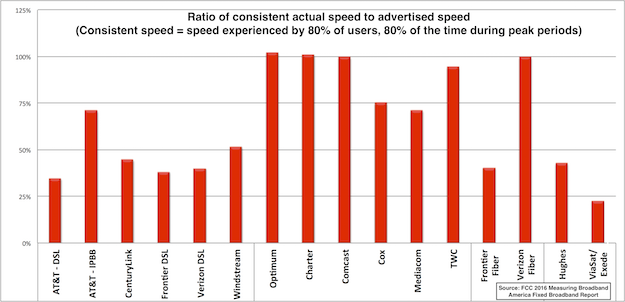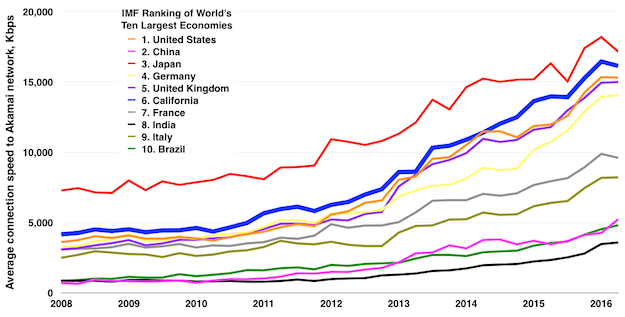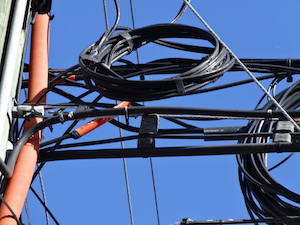Trump's FCC takes shape, and it looks like a power tool
![By Seaman Omar Dominquez (https://www.dvidshub.net/image/164805) [Public domain], via Wikimedia Commons](https://www.tellusventure.com/images/2016/12/weed_whackers.jpg)
The new majority
The Federal Communications Commission will begin the Trump administration with a 2-to-1 majority. Chairman Tom Wheeler finally made his plans public on Thursday, saying he would hand in his resignation as Donald Trump becomes the U.S. president on 20 January 2017. That would leave two republicans – Ajit Pai and Michael O’Rielly – and one democrat, Mignon Clyburn on the commission.
Wheeler’s departure was inevitable. He would have lost his chairman’s gig the minute Trump took office, and his strutting style and big man on campus persona could never be sufficiently deflated to fit within the humble job description of a working commissioner on the minority side.… More

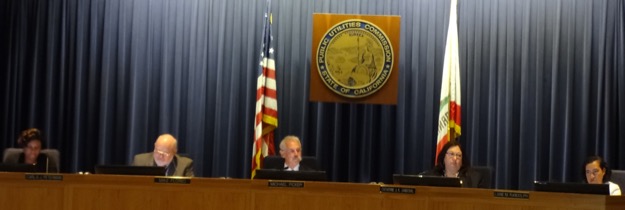


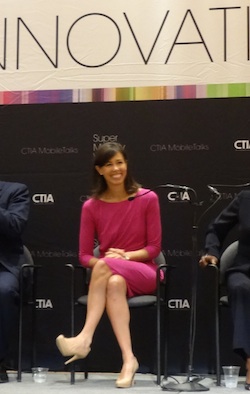
![Kremlin.ru [CC BY 3.0 (https://creativecommons.org/licenses/by/3.0) or CC BY 4.0 (https://creativecommons.org/licenses/by/4.0)], via Wikimedia Commons](https://www.tellusventure.com/images/2016/12/putin_arm_wrestles.jpg)
